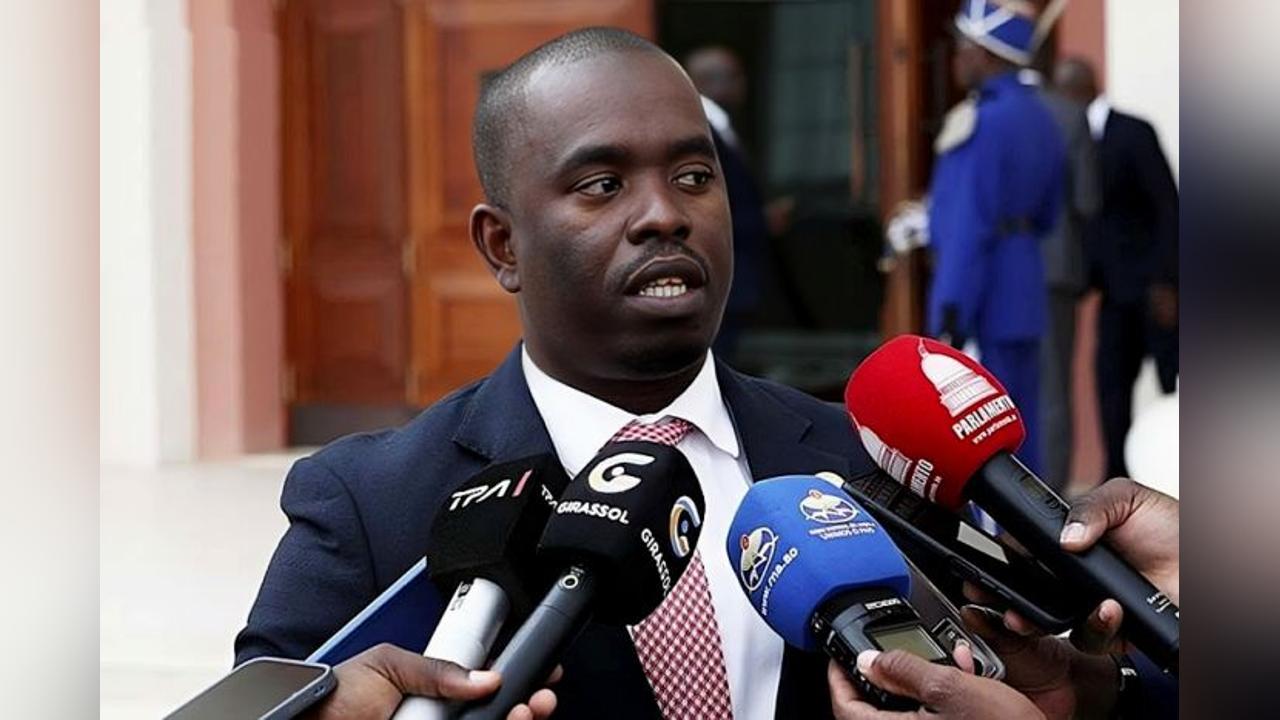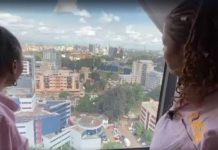Africa-Press – Angola. MPLA deputy Milonga Bernardo stated this Thursday that the debates surrounding the proposed amendment to the Organic Law on General Elections have been guided by the spirit of consensus between the different political forces represented in the National Assembly.
Speaking to the press, on the sidelines of the discussion on the specifics of the two proposed amendments to the Law on General Elections presented by the Executive and UNITA, the parliamentarian addressed three essential points: the model for counting election results, the issue of summary minutes and the proposed audit of the technological solution of the National Electoral Commission (CNE).
Regarding the summary minutes, Bernardo Milonga reported that the Executive’s proposal provided for their suppression, and that the arguments presented during the debates were sufficiently solid to guarantee consensus among all parliamentary groups.
“It was voted unanimously. The MPLA Parliamentary Group, the UNITA Parliamentary Group, and representatives of other political forces voted in favor of withdrawing the summary minutes,” he said.
Regarding the counting model, Milonga Bernardo explained that there were initially two proposals under analysis: one from the Executive, centered on a national counting model, and one from UNITA, which envisaged a staggered, municipal, provincial, and national process.
However, according to Bernardo Milonga, “after the presentation of convincing arguments by the deputies and the representative of the Executive, the UNITA Parliamentary Group decided to withdraw its proposal”.
Milonga stated that the model presented by the Executive was considered the most appropriate for the current and future challenges of the Angolan democratic system, namely the 2027 elections.
“However, maintaining the spirit of dialogue, parliamentary leaders continue to work together to see what elements can be incorporated into the model proposed by the Executive, enriching its final draft,” he added.
Auditing of the CNE system must comply with current legislation
Regarding the audit of the CNE’s technological solution, the parliamentarian clarified that there is no legislative vacuum in this area, and that current legislation already provides for appropriate control mechanisms.
“Allowing political parties to conduct audits of the technological solution does not seem feasible, since they are private entities with a direct interest in the process,” he argued.
Milonga also questioned the impartiality of an audit conducted by interested parties: “Is it truly an independent audit when those conducting it have a direct interest in the results?” he asked.
He concluded by reiterating the MPLA Parliamentary Group’s willingness to continue contributing to the development of the electoral legislative package, with a focus on the stability and transparency of the democratic process.
For More News And Analysis About Angola Follow Africa-Press






